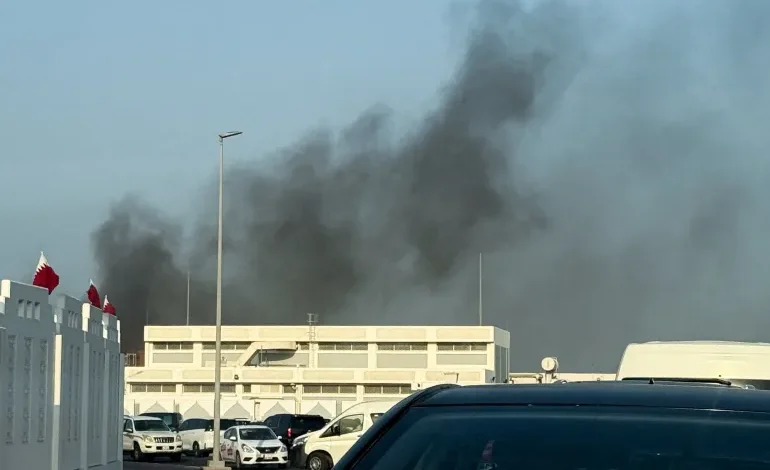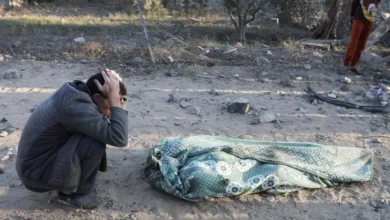Analysis: Will attack in Qatar lead to international isolation of Israel?

World leaders were quick to criticise Israel for its attack in Qatar on Tuesday, targeting Hamas political leaders discussing a ceasefire in Gaza.
United States President Donald Trump, typically one of Israel’s most vocal supporters, said he was “very unhappy about every aspect” of the strike. Germany, long a consistent backer of Israel, declared the attack “unacceptable” and a violation of Qatar’s sovereignty. And India, which, under its nationalist leader Narendra Modi, has largely supported Israel, warned of “escalation” and said it was “deeply concerned”.
But the rhetorical condemnation of Israel’s attack may not translate into meaningful policy shifts. Israel has continually ignored international law during its war on Gaza, where it has killed more than 64,000 Palestinians, destroyed the enclave, and caused a famine. It has also repeatedly attacked neighbouring countries and rejected any international criticism it has faced.
“One could presume that these strikes would mean that Israeli allies who have been rather cautious in their criticism would change their direction, but this is not particularly likely,” said HA Hellyer, a senior fellow at the Royal United Service Institute and Center for American Progress.
“In terms of policy, Israel has been engaged in a massive war of devastation on the Gaza Strip, leading to accusations of genocide at the International Court of Justice, and violating the sovereignty of Lebanon, Syria, Yemen, Iran, and Tunisia over the past two years,” Hellyer added. “None of that led to any substantial changes in policy towards the Israeli government from these states, and I don’t expect this to either.”
Global shift
Qatar’s growing diplomatic influence and its strong ties to the US lend extra significance to the Israeli attack, which failed in its mission to kill Hamas leaders, but did kill five lower-ranking Hamas members and a Qatari security officer. However, analysts cautioned that Qatar’s standing with the US might not be enough to shift global policy towards Israel.
“International public opinion is definitely shifting quite rapidly,” said Karim Emile Bitar, a professor of international relations at the Saint Joseph University of Beirut. “However, I think that this shift in public opinion is mostly related to what’s happening in Gaza, the famine and the fact that even leading Israeli intellectuals and scholars are now calling it a genocide.”
Bitar said that the attack on Qatar would most likely lead to a hardening of attitudes towards Israel in the Gulf, rather than elsewhere.
Gulf leaders have already visited Doha in solidarity or are planning to, and Qatari Prime Minister Sheikh Mohammed bin Abdulrahman bin Jassim Al Thani has said that Gulf states were discussing a response to Israel.










